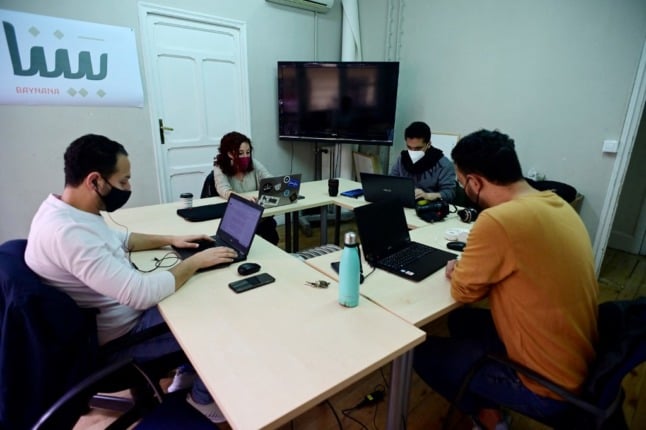The new survey by France Digitale in conjunction with EY (Ernst and Young) revealed that French startups are in for the most part in fine fettle and, in what will be music to the government’s ears, most are looking to recruit new staff.
The survey was based on the performance of 171 French tech startups during the year 2014 and the news is largely positive.
Here’s a look at some of the key points from the survey.
Rude financial health
The startups surveyed by France Digitale revealed that turnover was up an average 37 percent in the previous 12 months.
In total terms this figure was up from €2.1 billion to €2.9 billion. For international business activities, the jump was even more positive, rising 57 percent in the past 12 months to a total of €1.2 billion.
“The pillars of the growth of these companies are innovation and internationalization,” said Franck Sebag, from EY, who was in charge of the survey.
Nothing ventured, nothing gained
A quarter of the startups surveyed by EY Ernst & Young at the recent France Digitale Day event in Paris said they had received investment from French venture capitalists.
The average amount raised was €3.3 million. According to the survey investment from venture capitalists remains one of the essential conditions to allow French startups to be successful abroad.
Boost in staff numbers
The number of staff employed in French startups rose by 30 percent between 2013 and 2014.
That means 1,476 jobs were created in France and 756 positions created abroad.
The notion that startups will only hand out temporary contracts (CDDs in France) while the seek financial stability also appears false with 92 percent of the job contracts given out being permanent, or CDIs as they are known in France.
A full 88 percent of the startup firms surveyed at France Digitale Day said they were looking to hire in the next 12 months, a sign companies are facing the future with optimism.
SEE ALSO: Paris is no harder than London for startups

A man’s world
Only 9 percent of the founders of the nearly 200 startups surveyed had a female director.
Education matters
Almost all of the founders of the startups had at least a Masters degree. The figure was 94 percent. For regular staff at startups, that figure is still a high 69 percent.
Youth matters
The image of tech startups being staffed by young, dynamic post graduates is only slightly off the mark with the average of employees being 31. However management have been around the block a little more with the average age being 41.
Tax credit relief for most
A key element in making a success of it as a startup in France is access to various tax credits. As many as 81 percent of companies benefit from Tax Credit for Competitiveness and Employment (CICE) that was created in 2014. Some 71 percent of startups also benefit from other tax credits for research (CIR) and innovation (CII) as well as being a new business.



 Please whitelist us to continue reading.
Please whitelist us to continue reading.
Member comments